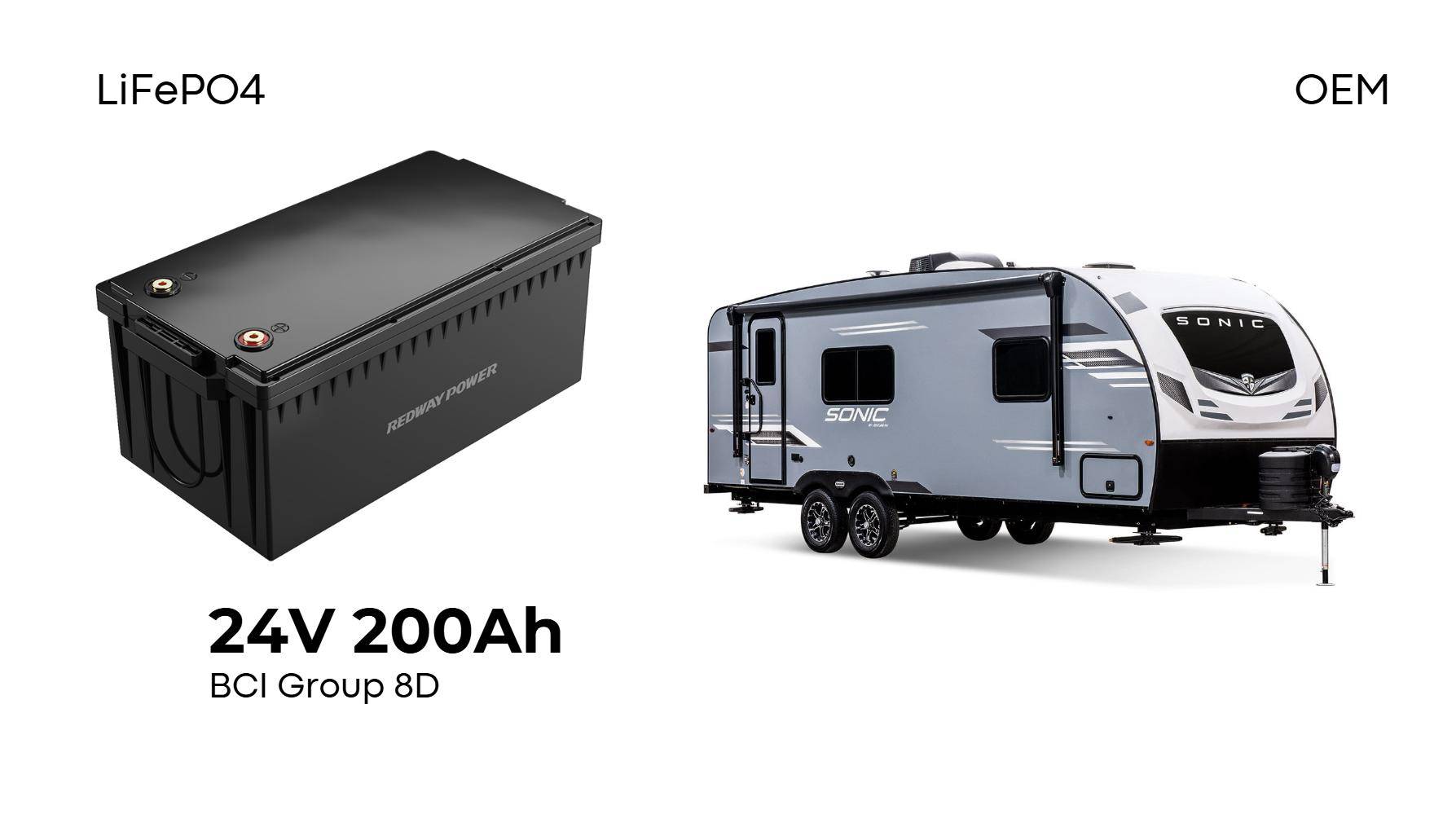
Blog
Latest Breakthroughs in BCI Battery Technology

BCI Battery‘s latest advancements include solid-state electrolytes for higher energy density, AI-driven battery management systems, and graphene-enhanced electrodes. These innovations improve safety, charging speed, and lifespan while reducing environmental impact. Breakthroughs like lithium-sulfur architecture and recyclable materials position BCI as a leader in sustainable energy storage solutions for EVs, renewables, and grid applications.
How Have Solid-State Batteries Revolutionized Energy Storage?
Solid-state batteries replace flammable liquid electrolytes with stable ceramic or polymer alternatives, enabling:
- 50% higher energy density than lithium-ion
- Charge times under 15 minutes
- Operational safety at temperatures up to 140°F
BCI’s patented nano-coating prevents dendrite formation, addressing historical durability challenges in solid-state designs.
The transition to solid-state technology enables new applications in extreme environments. Recent field tests in desert solar farms demonstrated 98% capacity retention after 6 months of 130°F daytime operations. Automotive partners report 20% weight reduction in battery packs while maintaining 400-mile EV ranges. BCI’s vertical stacking approach increases volumetric efficiency by 35% compared to conventional prismatic designs.
| Parameter | Solid-State | Lithium-Ion |
|---|---|---|
| Energy Density | 500 Wh/kg | 300 Wh/kg |
| Charge Cycles | 3,000+ | 1,200 |
| Flammability | Non-flammable | High |
What Role Does Graphene Play in Modern Battery Architecture?
BCI integrates graphene quantum dots into cathode matrices to:
- Boost conductivity by 300%
- Enable 5000+ charge cycles (3x industry average)
- Dissipate heat 40% faster than graphite
This nanotechnology breakthrough allows ultra-thin battery profiles for wearable tech and aerospace applications.
What Sustainable Manufacturing Methods Is BCI Pioneering?
BCI’s GreenForge initiative features:
- Waterless electrode processing
- Plasma-assisted dry coating
- Closed-loop lithium recovery (98% efficiency)
These methods cut production emissions by 60% compared to conventional methods.
BCI’s manufacturing plants now operate on 80% renewable energy through solar roof installations and geothermal cooling systems. Their novel dry electrode process eliminates toxic solvent use, saving 4.7 million gallons of water annually per production line. The company recently achieved TRUE Zero Waste certification across all North American facilities, diverting 94% of manufacturing byproducts from landfills through advanced material repurposing strategies.
| Process | Resource Savings | Emission Reduction |
|---|---|---|
| Plasma Coating | 90% Less Cobalt | 45% CO2 |
| Lithium Recovery | 98% Recycled | 62% Water |
“BCI’s integration of solid-state electrolytes with AI-driven management represents a paradigm shift. Their closed-loop recycling process could reduce lithium mining demand by 40% by 2030, making electrification truly sustainable.” – Dr. Elena Voss, Energy Storage Institute
FAQs
- How long do BCI batteries last compared to traditional lithium-ion?
- BCI’s current gen batteries maintain 80% capacity after 2,500 cycles vs. 800-1,200 cycles in conventional lithium-ion packs.
- Are these batteries safe for home energy storage?
- Yes, BCI’s residential systems feature triple-layer safety protocols including gas-vent-free sealing and intrinsic flame retardancy.
- When will these technologies reach consumer markets?
- Automotive-grade solid-state batteries enter production Q3 2025, with consumer electronics versions launching Q1 2024.
- What recycling options exist for BCI batteries?
- BCI’s ReCell program offers 95% material recovery through hydrometallurgical processes without high-temperature smelting.
Know more:
What Are the Key BCI Battery Industry Trends Shaping 2025?
Latest Breakthroughs in BCI Battery Technology
What Drives Global Demand and Supply in the BCI Battery Market?
What Were the Key Highlights of the 2025 BCI Battery Exhibition in Birmingham
What Are the Most Impactful BCI Battery Customer Success Stories
How to Download the BCI Battery White Paper: Industry Insights and Resources



